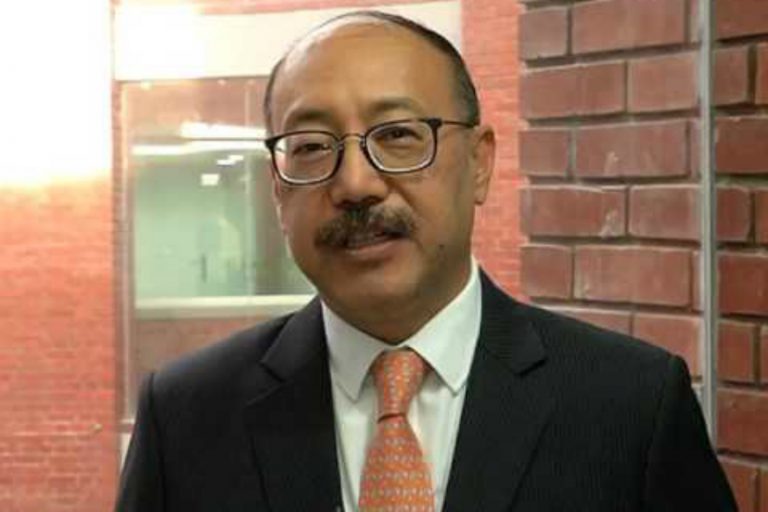
India’s new foreign secretary Harsh Shringla said on Wednesday that enhancing economic linkages, building synergies with major world powers and seeking an unambiguous approach to combating terrorism will be among the country’s priorities.
Shringla also listed sustaining a rules-based multilateral order, sharing India’s developmental experience with countries in Africa and Latin America, climate change and challenges related to the worldwide web and emerging technologies as other priorities for the nation’s foreign policy.
In a statement on assuming office, he said the primary objective of the external affairs ministry and the Indian Foreign Service (IFS) is to “advance our national interests across the world and serve the people of India, wherever they may be”.
He added: “We are service providers to our citizens and our people, whether at home or abroad. Enhancing the security and prosperity of India through external ties and the well-being of all Indians, wherever they may be, is our mission statement.”
Shringla, 57, joined the IFS in 1984 and served as the ambassador to the US before being appointed the foreign secretary. He succeeds Vijay Gokhale, who retired on Tuesday.
He said that as the foreign secretary, he would work “with India’s many partners in the international system – in enhancing developmental and economic linkages, as well as connectivities, with our neighbours; building synergies with major powers; seeking a shared, undifferentiated and unambiguous approach to terrorism and the threat it poses to free societies; and sustaining the gains of a rules-based multilateral order”.
He added: “Sharing the Indian developmental experience with countries of the global south, especially with our friends in Africa and Latin America, will continue to be a priority. I look forward to the opening of new missions and the inauguration of new initiatives.”
Noted that he had entered the IFS during the Cold War, Shringla said he had become the foreign secretary at a time when “global warming has become a pressing concern”. He said, “Several other recent opportunities and challenges related to the cyber domain and emerging technologies will also receive our attention.”
He added that he would to “provide the basis for a dynamic and responsive diplomacy, one that is alive to the requirements of a new India” under the guidance of the prime minister and the external affairs minister.